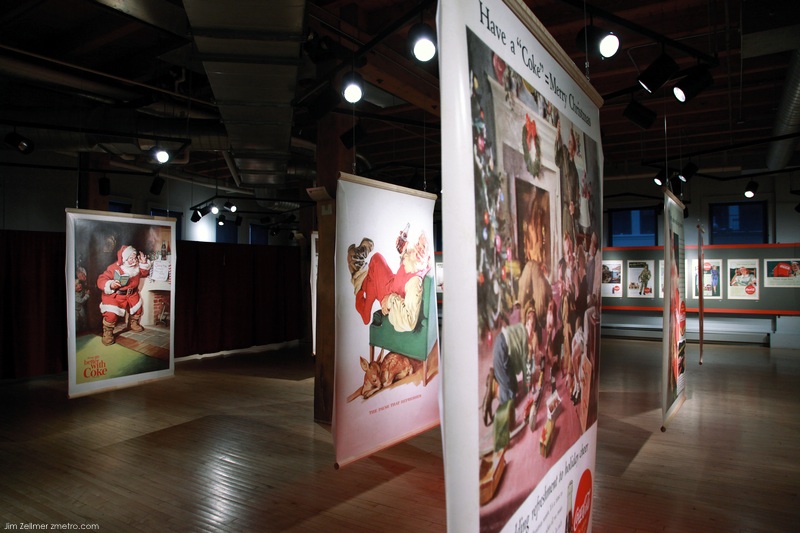Flight’s first editor Stanley Spooner had little trouble deciding what story would be the lead in our inaugural issue 100 years ago – “A Second Englishman Flies” was our first headline. But back in those pioneering early days, what would Spooner have predicted for the top aerospace story a century later?
Even the most enthusiastic aeronauts and aviators in 1909 would have struggled to believe the way in which powered flight would evolve during the magazine’s first 100 years: that the aeroplane would be “going to war” within five years that passengers would be travelling in shirtsleeve comfort across the Atlantic at twice the speed of sound within 70 years or that within 80 years a winged spaceplane would be regularly blasting into orbit and returning to earth as a glider.
Predicting what lies in store over the next 100 years of aviation is just as challenging. The framework for the near term (the next 20 or 30 years) is already in place, with new airliner programmes such as the Airbus A350, A380 and Boeing 787 and military aircraft like the Lockheed Martin F-22, F-35A Joint Strike Fighter and Eurofighter Typhoon set to be with us well into the first half of the century. But surely some of the exciting new technology currently in the minds of the industry’s boffins will lead to more imaginative creations appearing in the longer term?
There are some fundamental questions that must be answered when examining likely scenarios 50 to 100 years from now: how much oil will be left and how much will it cost? Will the green lobby – and any increasing evidence of serious climate change – have forced the way we travel by air to have to be reinvented? How will the threats to world security/peace influence military aircraft design? And how much of the space exploration dream will have become a reality?
A Tough Weekend for UW Men’s Hockey

The Badger men’s hockey team dropped two to Northern Michigan. Derek Stepan (above) had a very nifty shorthanded goal Friday night.
A Short Bird Video From the Phillipines
Common name : Yellow-vented Bulbul
Scientific name: Pycnonotus goiavier
Habitat: Common in gardens, scrub and early second growth.
Total length: 178 mm.
A Short Video: Wisconsin Men’s Hockey vs. Lake Superior State
Wisconsin Men’s Hockey vs Lake Superior State from Jim Zellmer.
Sunday evening’s Badger Hockey Showdown championship between the Wisconsin Men’s hockey team and the Lake Superior State Lakers produced an interesting outcome: a shootout after an inconclusive overtime.
The Marshfield Clinic’s Electronic Medical Records System in the News
Joseph Calderaro, 67, is one of health care’s quiet success stories. Over the last four years, he has carefully managed his diabetes by lowering his blood sugar, blood pressure and cholesterol with diet, exercise and medication.
To keep on track, Mr. Calderaro visits his doctor, attends meetings for diabetes patients and gets frequent calls from a health counselor. It is a team effort, orchestrated by the Marshfield Clinic here. And it is animated by technology, starting with Mr. Calderaro’s computerized patient record — a continuously updated document that includes his health history, medications, lab tests, treatment guidelines and doctors’ and nurses’ notes.
To visit the Marshfield Clinic, a longtime innovator in health information technology, is to glimpse medicine’s digital future. Across the national spectrum of health care politics there is broad agreement that moving patient records into the computer age, the way Marshfield and some other health systems have already done, is essential to improving care and curbing costs.
There has been some loose talk about the Obama administration providing “incentives” for health care automation. These investments should be made on their merits, rather than funded by yet another taxpayer give-away.
Marshfield apparently built their own system, a competitor to Verona based Epic Systems.
Might this article be part of their initial marketing efforts to other health care organizations?
Milwaukee’s Eisner Museum of Advertising & Design
Current exhibits include: “Ads from the past: Coca Cola”. This fascinating museum is a gem in Milwaukee’s Third Ward, and at $5.00 a bargain as well.
Year in Pictures: 2008
On the Fed Printing Money
It is a sorry place at which we Americans find ourselves this none-too-festive holiday season. The biggest names on Wall Street have gone to their rewards or into partnership with the U.S. Treasury. Foreigners stare wide-eyed from across the waters. A $50 billion Ponzi scheme (baited with, of all things in this age of excess, the promise of low, spuriously predictable returns)? Interest rates over which tiny Japanese rates fairly tower? Regulatory policy seemingly set by a weather vane? A Federal Reserve that can’t make up its mind: Is it in the business of central banking or of central planning? And to think — our disappointed foreign friends mutter — all of these enormities taking place under a Republican administration.
Trust itself entered a bear market in 2008, complementing and perhaps surpassing the selloffs in stocks, mortgages and commodities. Never to be confused with angels, we humans seem to outdo ourselves when money is on the line. So it is that Bernard Madoff, supposed pillar of the community, stands accused of perpetrating one of the greatest hoaxes since John Law discovered the inflationary possibilities of paper money in the early 18th cent
Snowmen Watching Over Madison’s Monroe Street
Christmas Lights in the Big Apple

Photo taken from the back seat of a cab on a recent New York City evening.


